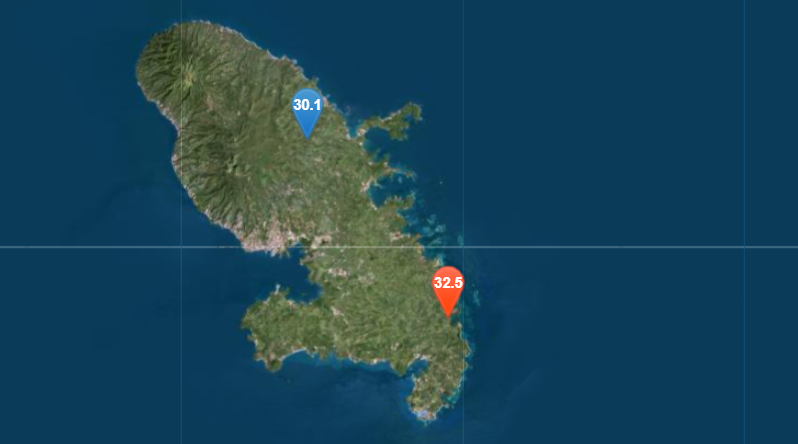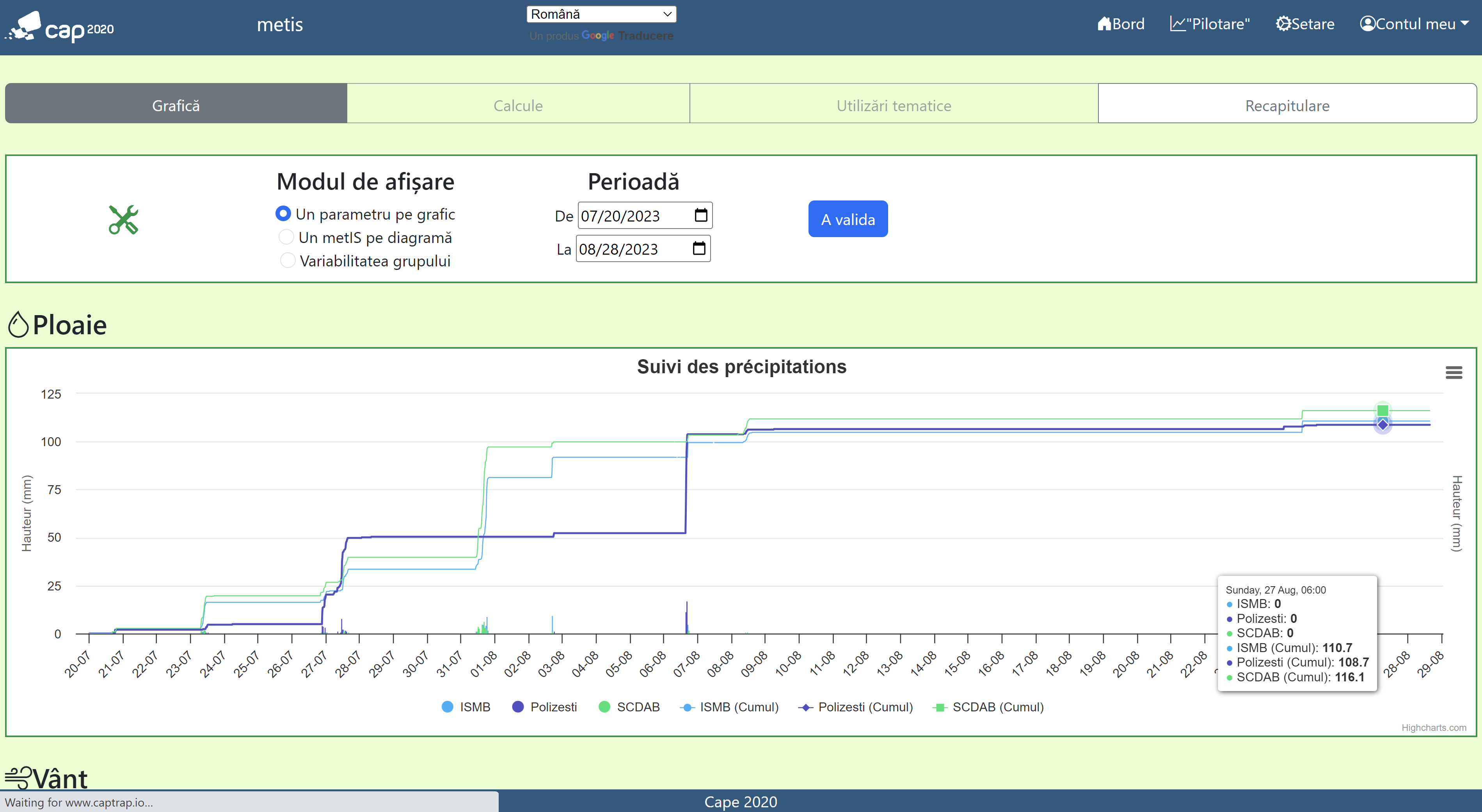
November 2024 Climate Report Highlights Urgent Need for Irrigation Efficiency
The latest monthly climate report from Copernicus ECMWF confirms that 2024 is still on track to be the hottest year on record, with November ranking as the second warmest November ever—just behind November 2023.
Data from the Copernicus Climate Change Service ERA5 reanalysis, one of six key datasets used by the World Meteorological Organization (WMO), paints a clear picture: climate change is accelerating. The WMO’s State of the Climate Update, presented at COP29, predicts that global temperatures in 2024 will temporarily hit 1.5°C above pre-industrial levels. While this does not officially breach the Paris Agreement, as Dr. Samantha Burgess stresses, it underscores the urgency of ambitious climate action.
Amidst record-breaking temperatures, the consequences for agriculture are clear. Increased evaporation rates, more extreme droughts, and shifting rainfall patterns are putting additional pressure on water resources. For countries heavily reliant on agriculture, improving irrigation efficiency is no longer optional—it’s essential.
By adopting advanced irrigation technologies and smarter water management practices, we can safeguard food production, reduce water waste, and adapt to the changing climate. MAGDA project aims to provide irrigation advice, making use of satellite data, plus assimilation of sensors, GNSS and MeteoDrone data.
For more on the November climate report and its implications, visit:
Copernicus Climate Report – November 2024
Author: Amelia Fernández Rodríguez
Keywords
irrigation timing and amounts; surface soil moisture; data assimilation; particle filters; FAO-56; Sentinel-1; semi-arid Mediterranean region; winter wheat


